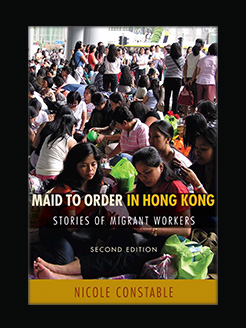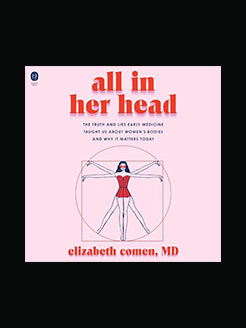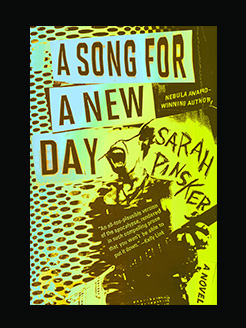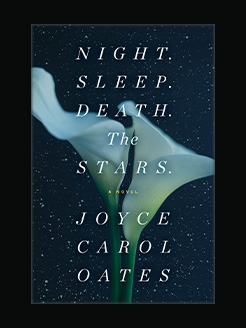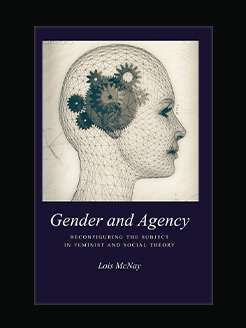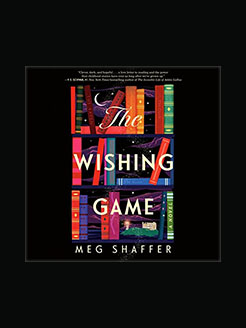Published in 2012
496 pages
Sarah Wise took an MA in Victorian Studies at Birkbeck College, University of London. Her book, The Blackest Streets, was shortlisted for the Royal Society of Literature’s Ondaatje Prize (2009). Her debut, The Italian Boy: Murder and Grave Robbery in 1830s London, was shortlisted for the 2005 Samuel Johnson Prize and won the Crime Writers’ Association Gold Dagger for Non-Fiction. Sarah was a major contributor to Iain Sinclair’s compendium London, City of Disappearances. She has spoken on Radio 4’s Thinking Allowed, Woman’s Hour and the Today programme, and she regularly lectures to societies and at history events. She lives in central London.
What is this book about?
The 19th century saw a series of panics about sane individuals being locked away in lunatic asylums, and public feeling often ran high against the rising ‘alienist’ (or ‘mad doctor’) profession. English liberty was seen to be under threat from a new class of men who would sign away freedom in return for the high fees paid by unscrupulous people who wanted to be rid of a ‘difficult’ family member, spouse or friend.
But who were the victims of this trade? And to what extent was it carried on? Why was it a problem for the wealthy and less so for the poor?
Twelve separate stories of contested lunacy cases — ranging from the 1820s to the 1890s — reveal the various types of persons who came under threat of incarceration, the support that their plight aroused in the public mind and the newspapers, and doctors’ shifting arguments about what constituted insanity.
